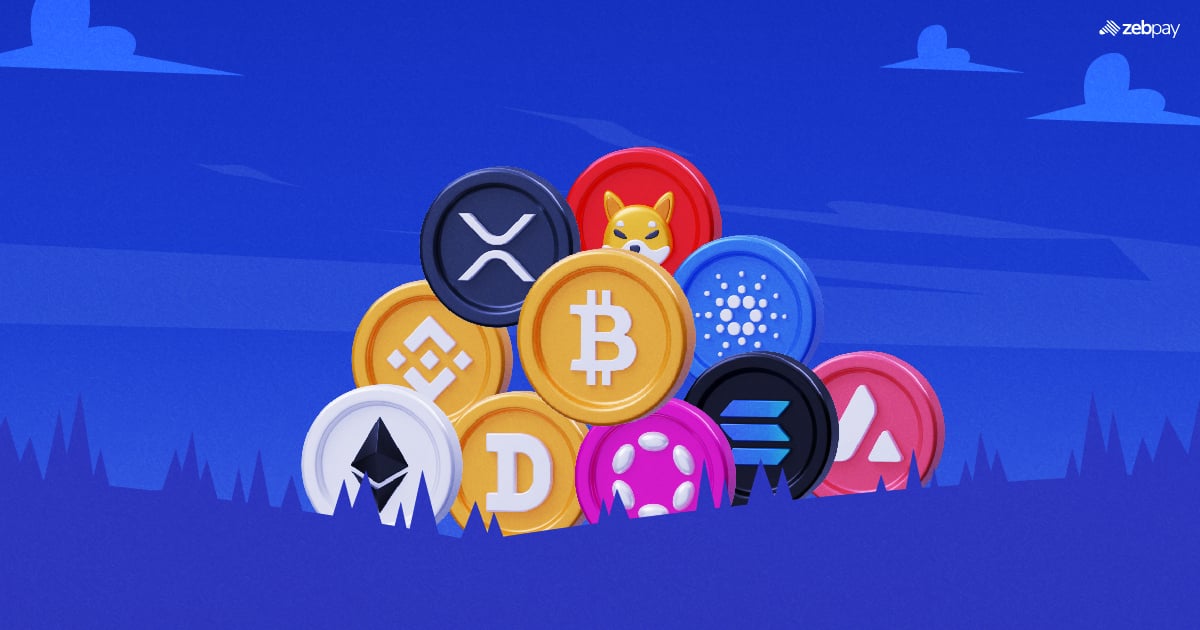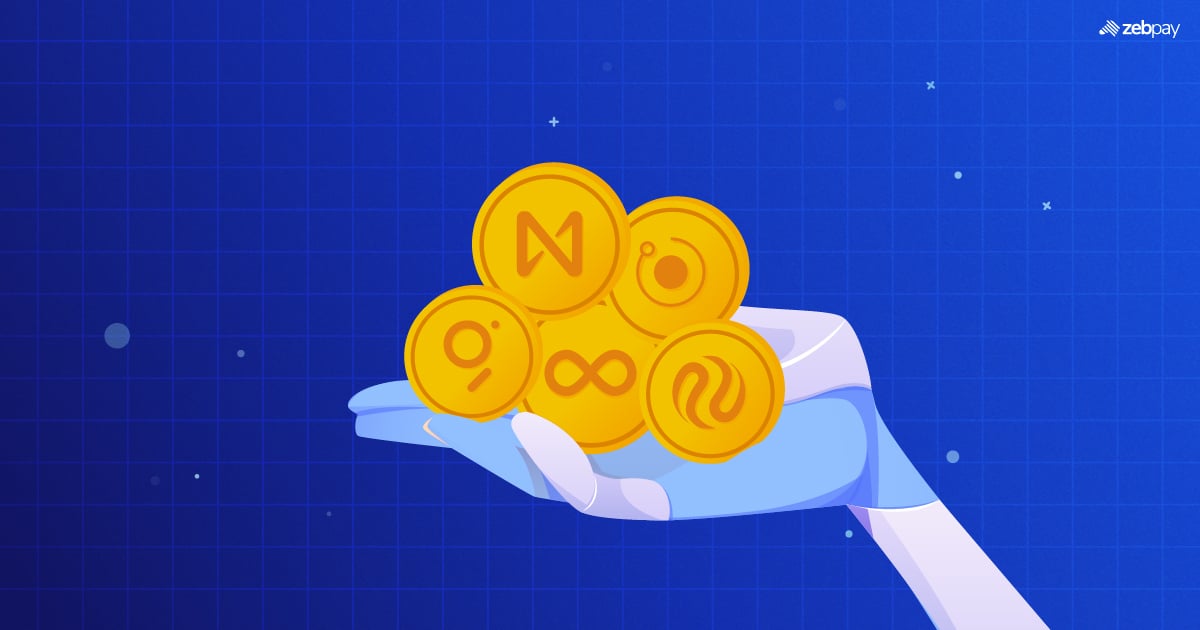Most popular crypto solutions are permissionless blockchains meant for consumers. They enable payment and smart contract functionality for new experiences. But some others are dedicated to more specific applications for operations in businesses. One such project is VeChain. So what is VeChain and what does it do?
What is VeChain?
The supply chain of many goods is usually highly opaque, making the shipping of products difficult for both firms and consumers. VeChain is a blockchain project offering business solutions through its proprietary software. Through these solutions, it can offer supply chain tracking and authentication capabilities for shipping.
This makes it much easier for firms to ensure there is no tampering with the product as it is shipped from its factories to the final consumer. Users also benefit as they can easily validate the product’s source to ensure it is not counterfeit.
This is done through a simple process. First, each product obtains a unique identity and token. At each step of the supply chain, sensors are used to track this identity. There is thus no ambiguity in the shipping process and all stakeholders are benefitted.
How Does VeChain Work?

The VeChain ecosystem is made of three main components. These are physical devices, blockchains and crypto tokens.
Physical Devices
Products in the real world are assigned unique IDs using QR codes, Near Field Communication or Radio Frequency Identification. These IDs are traced using corresponding sensors at each stage of the shipping process. The recorded data is added to the blockchain and tied to the ID of the product.
The use of blockchain technology ensures this process is entirely transparent and foolproof. It also alleviates the risk of records being faked or changed at a later stage as information on a blockchain cannot be altered or deleted. There is thus a great deal of data security which ensures the blockchain is accurate.
Blockchain Platform
The VeChain blockchain platform is not just used for supply chain tracking. It can be used by other developers and projects to create their own tokens using VeChain’s blockchain. It is also used for the development of decentralised applications.
Consensus on the VeChain blockchain does not use Proof of Work like the more popular Bitcoin. Instead, it uses “Proof of Authority”. Under this system, 101 master nodes are responsible for finalising transactions on VeChain. To create a node, you must own at least 1 million tokens and disclose your identity. You cannot run a master node without “Know your Customer” or KYC credentials.
Crypto Tokens
VeChain uses two different crypto tokens – VET and VTHO. VET is used as the medium of exchange on the VeChain blockchain. It is also used as money in smart contracts or dApps on the platform.
VTHO stands for VeChainThor Energy. Unlike VET, VTHO is used to power transactions on the platform and is equal to the cost of performing transactions on the blockchain. It serves as a safeguard to ensure businesses must possess enough underlying tokens to transact. If you exceed your “budget” of actions, you must acquire more VTHO before you can add more data or transactions.
What Makes VeChain Unique?
VeChain is much more specialised than other crypto projects. Popular cryptos like Bitcoin and Ethereum are used for transactions and smart contracts respectively. But VeChain’s primary focus is on creating transparency in the supply chain through the use of unique IDs and sensors.
Another novel feature is the two-token system. VET is available to the public and can be used for transfers on the blockchain. On the other hand, VTHO is meant only as an underlying token to enable transactions. They are separated so VTHO can maintain a steady price.
Who Uses VeChain?
VeChain’s primary users are businesses looking to streamline their supply chains. It has many corporate partners such as Walmart, Louis Vuitton and BMW. Each of them uses VeChain’s services to better track data generated in their business processes.
Brands dealing in luxury goods also use the platform as an anti-counterfeit measure.
VeChain Future
Business Applications
The opportunities for VeChain are endless in the business world. Given its solid track record and high desirability, many other firms are expected to use its services shortly. Additionally, it is sure to attract new customers through its partnership with PWC, a consulting firm.
Smart Contract
It is unclear if the demand for VeChain’s smart contract platform will surge ahead. There is already stiff competition in the L1 blockchain space. Many projects are competing to unseat Ethereum as the market leader in dApps and decentralised finance. Therefore, VeChain should focus on its niche rather than spread itself too thin.
You can now buy Vechain token on ZebPay. Level up your trading experience using ZebPay’s brand new update.
FAQ on Vechain (VET)
Can I Make Passive Income With VeChain?
While it is possible to stake VET tokens and earn VTHO, the returns are extremely low. This results in a low-yield investment for most retail users. However, turning your stake into an “economic node” may be a more profitable option if you can afford to do so.
Is VeChain A Good Investment?
VeChain’s dominance in its niche and partnerships with large brands ensure it is here to stay. This makes it an attractive option for many investors looking for high returns.
Who Created VeChain?
The former CIO of Louis Vuitton, Sunny Liu, founded VeChain. It started as a token on the Ethereum blockchain in 2015. However, it soon had an ICO in 2017 and used these funds to set up the VeChainThor network.







